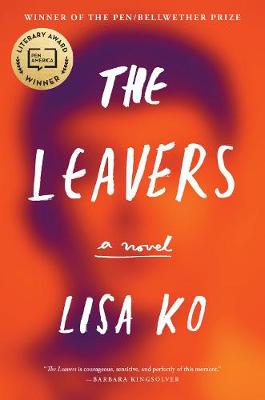Reviewed by gmcgregor on
We next catch up with Daniel in his early 20s, back in NYC and doing musician gigs after he dropped out of college because of an online poker problem. He's crashing with his bandmate, Roland, the only other person of color that he went to school with, and trying to figure out how to avoid going back to school like his parents want him to. He's never found out what happened to his mother, but after a chance reconnection with Michael, his curiosity is reawakened. As he starts to pursue the issue, the perspective changes and we get Polly's story...how and why she came to have Deming, how and why she came to America, and what actually did happen when she disappeared.
I never DNF (do not finish) books, but if I did, I would have dropped this one after about the first 50 or so pages. While the way his childhood played out would give anyone emotional scars, Daniel himself is not an enjoyable character to spend time with. He's whiny, he steals money from his friends, he's a coward. I really did not enjoy reading about him. But when the story switched to his mother, the book took off. Polly is a dynamic, interesting character who practically springs off the page, and her story is easy to get emotionally invested in. I wish Ko had either started with more of Polly or just made her the primary focus of the book overall...starting with Daniel seems like asking to lose a decent chunk of your audience straight out the gate.
And to miss this book entirely would be a shame. Although it's uneven, there's really solid stuff here. Like I said, Polly's story is a great one: she's a fantastic character and her struggles to make it are compelling. Ko also had me cringing in recognition at the way she painted Daniel's adoptive parents and their friends, who adopted a baby girl from China...the self-satisfied pats on their own backs for helping their children "connect with their culture" through food and dance classes, the way Deming is renamed like he's a puppy they picked up at the pound instead of a person. By the end, Ko has developed Daniel into a more understandable character and I came around to appreciating the book, but it really makes you slog through some bad (not even just like challenging, but bad) content to get there.
Reading updates
- Started reading
- 24 April, 2017: Finished reading
- 24 April, 2017: Reviewed
